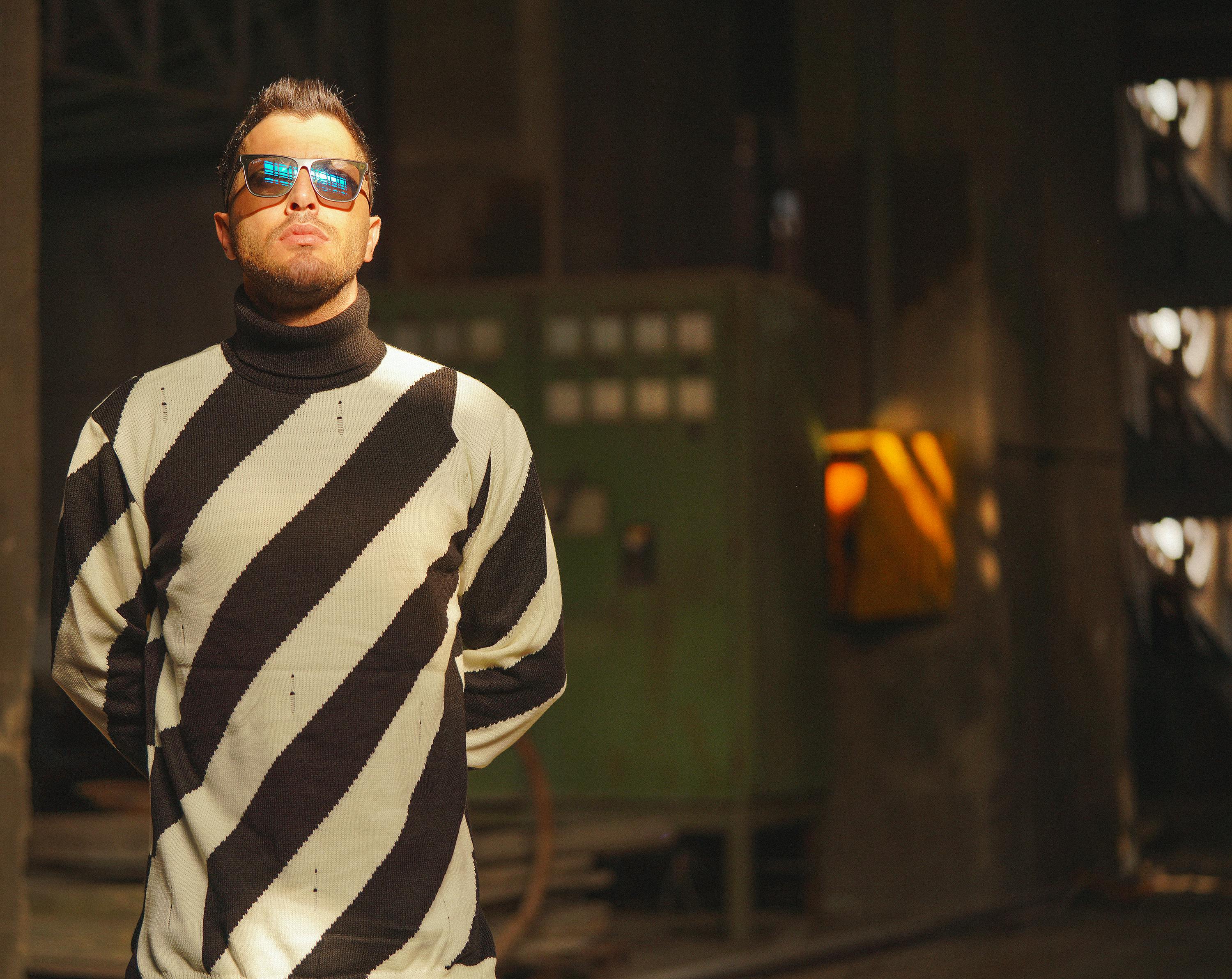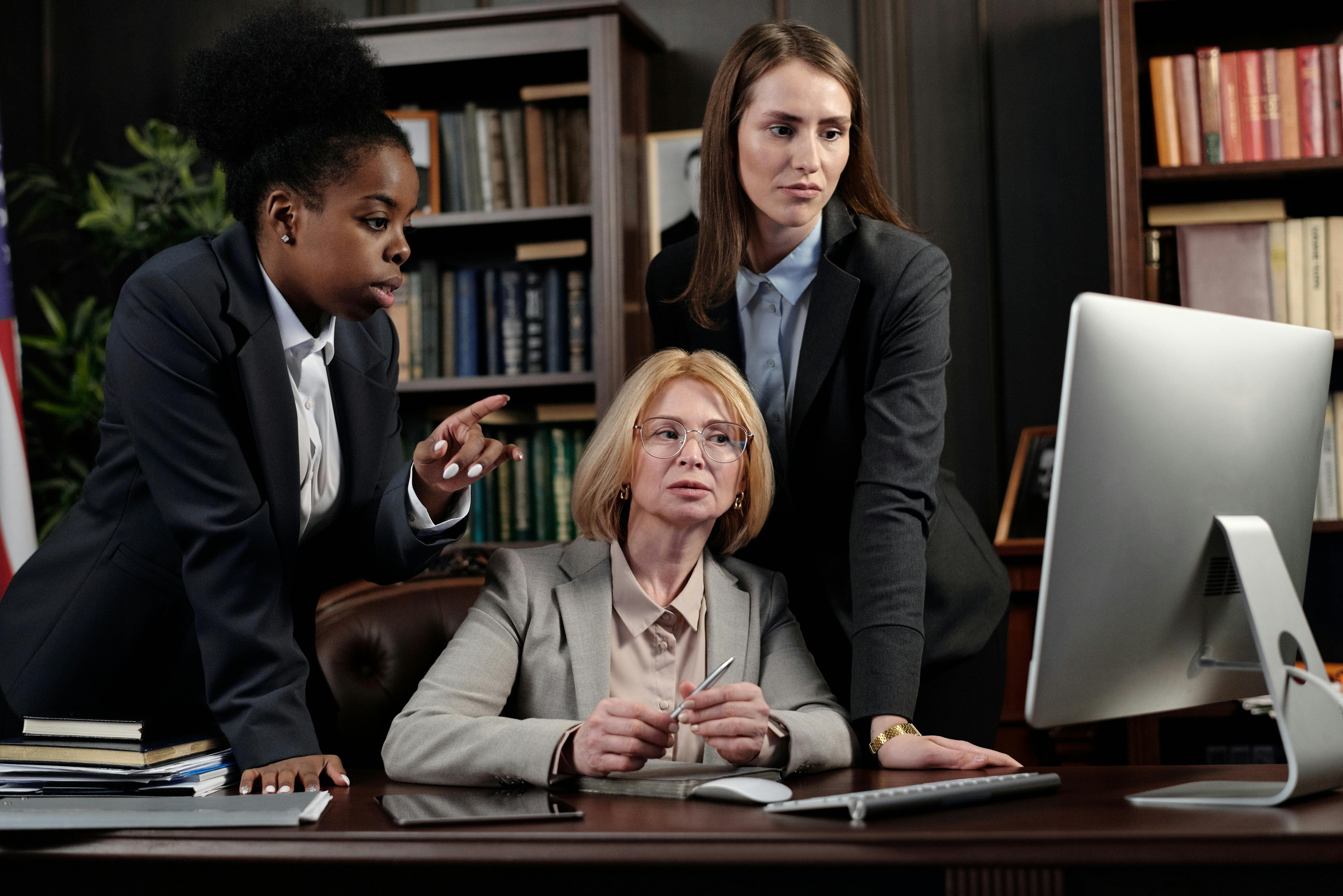Can copies of legal documents be notarized? Policies and Procedures Regarding Copies for Notaries
Occasionally, in business, you may be asked to provide a notarized copy of a document, such as a driver’s license, a photograph or schematic, a birth certificate, or some other type of legal document. This often happens when business is conducted over a long distance and the parties involved want to ensure that the copy of the document they receive is true to the original. Can a notary public certify these copies? Read on to find out what types of copies of documents notaries can certify and what alternatives are available when they can’t.
If notarial certification is carried out in most states, notaries cannot certify copies of documents with one exception. In many states, the only copy of the document that a notary public can certify is a copy of a power of attorney. In this case, the notary will complete, sign and seal a Certification of Power of Attorney indicating that he has examined the original and the copy of the Power of Attorney and that they are identical. The holder of the document must provide the original and the copy for his inspection.
Notaries in most states do not have the authority to certify a copy of any other type of document. Since the laws governing notary publics vary from state to state and country to country, often out-of-state or out-of-country document originators will insist on some type of notarized statement regarding the validity of a document. document. In this case, the signatory may opt for another option called “copy certification by custodian of the document”. In this case, the custodian (holder or owner) of the document (or photo, identification, etc.) may write and sign an affidavit stating that the copy of the document (or identification, etc.) is a true and complete facsimile of the original. The signer is responsible for creating the affidavit; In general, notaries are prohibited from drafting documents or affidavits of any kind. The notary can then certify the signer’s affidavit (not the copy) and require the signer to take an oath or affirmation swearing to the validity of his or her affidavit (not the copy). Signatories should check with the entity or agency requesting the document to ensure that they will accept this alternative.
The notary will require satisfactory proof proving the identity of the signatory. This may be positive government issued identification or credible witnesses as required by state law to complete the notarization of the affidavit.
Notaries cannot make certified copies of vital records, such as birth and death certificates or marriage certificates. These can only be done by county recorders and state recorders.
The information in this article primarily pertains to notaries in California, but may apply to notaries in other states as well. Check with the Secretary of State in your area for the specific laws that govern your state.




